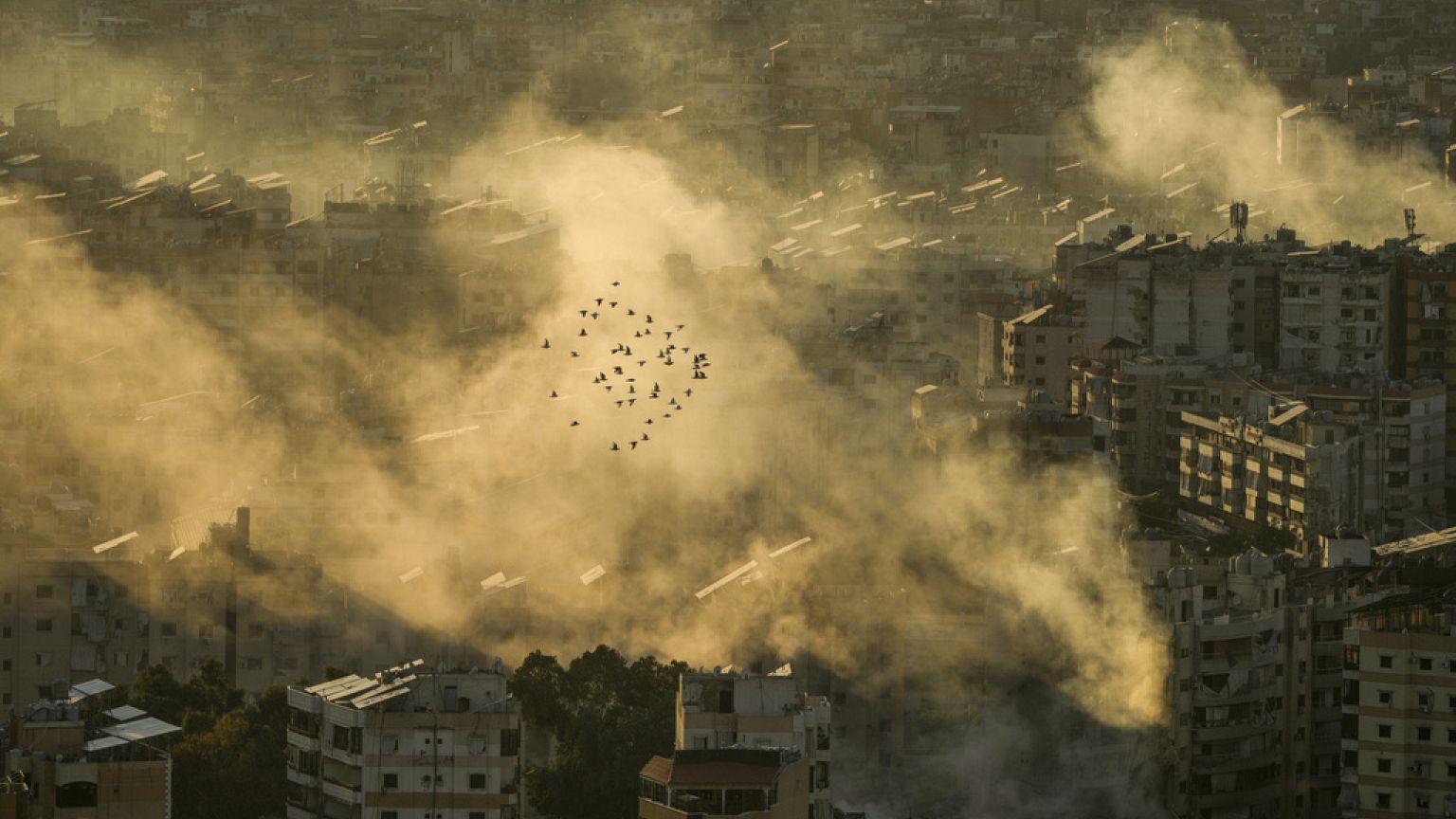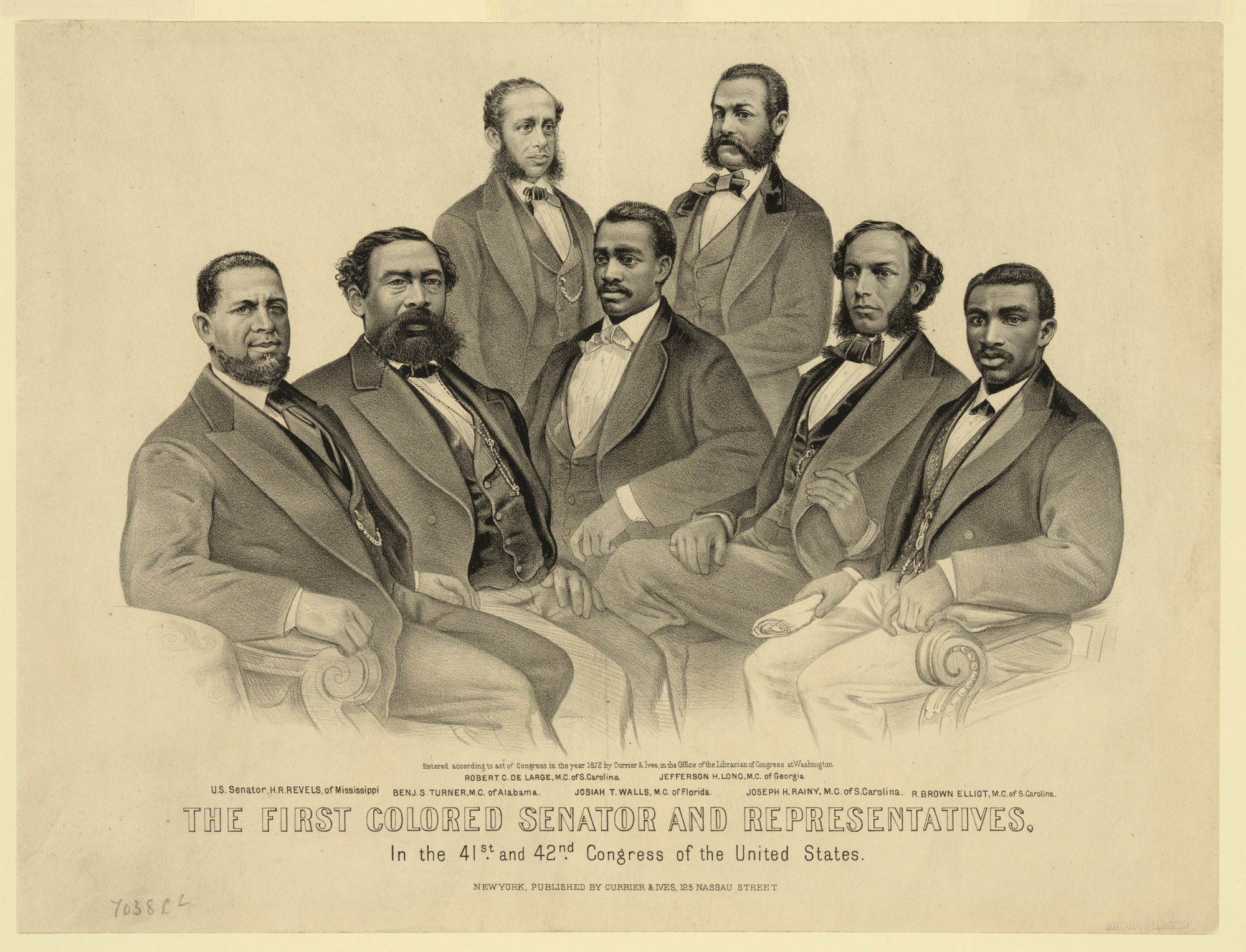Report on Legal Actions Concerning Alleged War Crimes and the Pursuit of Sustainable Development Goal 16
Introduction: Upholding SDG 16 through International Justice Mechanisms
A recent war crimes complaint filed in Belgium against two Israeli soldiers has been referred to the International Criminal Court (ICC), highlighting a significant effort to advance Sustainable Development Goal 16: Peace, Justice and Strong Institutions. This case underscores the critical role of national and international legal frameworks in ensuring accountability, promoting the rule of law, and providing access to justice for all, in line with SDG Target 16.3.
Case Details and Alignment with SDG 16.3 (Rule of Law)
The legal proceedings initiated in Belgium represent a direct application of international law to address alleged atrocities, a core component of building peaceful and just societies as envisioned by SDG 16.
Initial Complaint and Identification
A formal complaint was lodged by the Hind Rajab Foundation and the Global Legal Action Network (GLAN) concerning two Israeli soldiers. The key details include:
- The soldiers are allegedly members of the Givati Brigade.
- They were identified after appearing with their unit’s flag at the Tomorrowland music festival in Belgium.
- Following the complaint, Belgian police were instructed to identify, arrest, and interrogate the individuals before they were subsequently released.
Referral to the International Criminal Court (ICC)
The Belgian Federal Prosecutor’s Office confirmed its decision to forward the case to the ICC. This action is a direct implementation of international cooperation to strengthen institutions and combat impunity, as called for in SDG Target 16.a. The Prosecutor’s Office noted that this referral aligns with Belgium’s obligations under international law and acknowledges the ICC’s ongoing investigation into potential violations of humanitarian law in the Palestinian territories.
Advocacy for Stronger Institutions and Accountability (SDG 16)
While the referral to the ICC is a notable step, civil society organizations are advocating for more robust national measures to reinforce the principles of justice and accountability central to SDG 16.
Calls for Enhanced National Prosecution
The Hind Rajab Foundation, named after a six-year-old Palestinian girl killed during the conflict, expressed “cautious encouragement” but criticized the release of the suspects. The foundation argues that to fully uphold justice and deter future violence (SDG Target 16.1), stronger actions were necessary:
- The suspects should have been detained following their arrest.
- They should have been either prosecuted within Belgium’s national judicial system or extradited directly to the ICC.
The foundation stated that releasing individuals credibly accused of such crimes “undermines public trust in justice” and “risks reinforcing a sense of impunity.”
The Precedent for Global Justice
The referral is being framed as a “strategic pivot to the international level” that sets a crucial legal and moral precedent. It reinforces the principle that military personnel are not beyond the reach of justice, regardless of their location. This pursuit of universal accountability is fundamental to establishing the strong, effective, and accountable institutions required by SDG 16.
State-Level Responses and Broader Implications for SDG 16
The case has triggered diplomatic responses and highlighted broader legal pressures on states to actively contribute to peace and justice.
Diplomatic Tensions and Humanitarian Commitments
The Israeli government summoned a Belgian diplomat to protest the arrests, indicating diplomatic friction. Concurrently, Belgium has demonstrated a commitment to humanitarian principles, a cornerstone of the broader peace agenda within SDG 16, by announcing a military flight with aid for Gaza and co-signing a declaration for an immediate ceasefire.
Legal Pressure on Belgium to Fulfill International Obligations
The Belgian state itself is facing legal action for allegedly failing to meet its international obligations to prevent war crimes. On July 7, the state was summoned before the Court of First Instance in Brussels. The claimants demand that Belgium take urgent steps to align its policies with international law and the promotion of peace, including:
- Banning arms transport to Israel via Belgian territory.
- Halting trade with Israeli settlements.
- Suspending the EU-Israel Association Agreement.
- Freezing the assets of Israeli leaders.
- Ending institutional cooperation with Israel.
These demands represent a citizen-led effort to hold a national government accountable for its role in fostering the conditions for peace and justice, as mandated by Sustainable Development Goal 16.
SDGs Addressed in the Article
The following Sustainable Development Goals (SDGs) are relevant to the issues discussed in the article:
- SDG 16: Peace, Justice and Strong Institutions: This is the most prominent SDG in the article. The entire text focuses on legal processes, accountability for war crimes, the role of national and international courts (ICC), and the promotion of justice for victims of conflict. The actions of the Hind Rajab Foundation, the Belgian prosecutors, and the international calls for a ceasefire all fall under the umbrella of promoting peace and justice.
- SDG 17: Partnerships for the Goals: The article highlights international cooperation to achieve justice and humanitarian aims. This includes the Belgian prosecutor’s referral of a case to the International Criminal Court (an act of cooperation between national and international legal bodies), Belgium joining 27 other nations in a declaration for a ceasefire, and the Hind Rajab Foundation filing complaints in over 10 countries.
Specific SDG Targets Identified
Based on the article’s content, the following specific targets can be identified:
-
Target 16.1: Significantly reduce all forms of violence and related death rates everywhere.
- The article directly addresses this target by discussing “atrocities in Gaza,” the killing of a six-year-old girl (Hind Rajab), and the ongoing war. The call by Belgium and 27 other countries for an “immediate ceasefire” is a direct action aimed at reducing violence and death rates.
-
Target 16.3: Promote the rule of law at the national and international levels and ensure equal access to justice for all.
- This target is central to the article. The filing of a “war crimes complaint,” the referral of the case to the “International Criminal Court (ICC),” and the foundation’s statement that “Israeli military personnel… are not beyond the reach of justice” all exemplify efforts to promote the rule of law and ensure accountability for alleged crimes, regardless of the perpetrator’s nationality. The legal challenge against the Belgian state for “inaction” also seeks to enforce the rule of law.
-
Target 16.a: Strengthen relevant national institutions, including through international cooperation, to build capacity at all levels… to prevent violence and combat… crime.
- The article shows a national institution (the Belgian Federal Prosecutor’s Office) cooperating with an international one (the ICC) to address serious crimes. This collaboration strengthens the overall framework for justice. The foundation’s criticism of Belgian authorities for not taking “stronger action” like detaining the suspects is a call to strengthen the capacity and resolve of these national institutions to combat impunity.
-
Target 17.16: Enhance the Global Partnership for Sustainable Development, complemented by multi-stakeholder partnerships…
- The cooperation between the Belgian state and the ICC is a form of partnership. Furthermore, Belgium joining “27 others in signing a declaration calling for an immediate ceasefire” is a clear example of a multi-stakeholder partnership between nations to address a global issue (conflict and humanitarian crisis), which aligns with achieving SDG 16.
Implied Indicators for Measuring Progress
The article mentions or implies several indicators that can be used to measure progress towards the identified targets:
-
Indicator 16.3.1: Proportion of victims of violence in the previous 12 months who reported their victimization to competent authorities or other officially recognized conflict resolution mechanisms.
- The article provides a direct example of this indicator in action. The Hind Rajab Foundation and the Global Legal Action Network (GLAN) filed a “war crimes complaint” with Belgian prosecutors on behalf of victims. The act of filing this complaint is a measure of access to and trust in justice mechanisms.
-
Indicator 16.a.1: Existence of independent national human rights institutions in compliance with the Paris Principles.
- The article implies the existence and functioning of such institutions. The Belgian Federal Prosecutor’s Office and the Court of First Instance in Brussels are national legal bodies tasked with upholding the law, including international obligations. The legal summons against the Belgian state itself for “failing to meet its international obligations” is a test of the independence and power of these judicial institutions to hold the government accountable.
-
Indicator 17.16.1: Number of countries reporting progress in multi-stakeholder development effectiveness monitoring frameworks that support the achievement of the sustainable development goals.
- The article provides data points for this indicator. Belgium’s decision to refer the case to the ICC demonstrates its participation in an international justice framework. Additionally, the mention of Belgium and “27 others” signing a joint declaration is a quantifiable example of a multi-stakeholder partnership working towards a common goal (a ceasefire).
Summary of SDGs, Targets, and Indicators
| SDGs | Targets | Indicators |
|---|---|---|
| SDG 16: Peace, Justice and Strong Institutions | 16.1: Significantly reduce all forms of violence and related death rates everywhere. | The call for an “immediate ceasefire” by 28 countries to stop the violence and death in Gaza. |
| 16.3: Promote the rule of law at the national and international levels and ensure equal access to justice for all. | 16.3.1: The filing of a war crimes complaint by the Hind Rajab Foundation with Belgian authorities, representing victims seeking justice. | |
| 16.a: Strengthen relevant national institutions, including through international cooperation… | 16.a.1: The functioning of the Belgian Federal Prosecutor’s Office and courts, and the legal challenge against the state itself to test its compliance with international obligations. | |
| SDG 17: Partnerships for the Goals | 17.16: Enhance the Global Partnership for Sustainable Development, complemented by multi-stakeholder partnerships… | 17.16.1: Belgium’s cooperation with the ICC and its partnership with 27 other nations on a joint declaration for a ceasefire. |
Source: aljazeera.com







